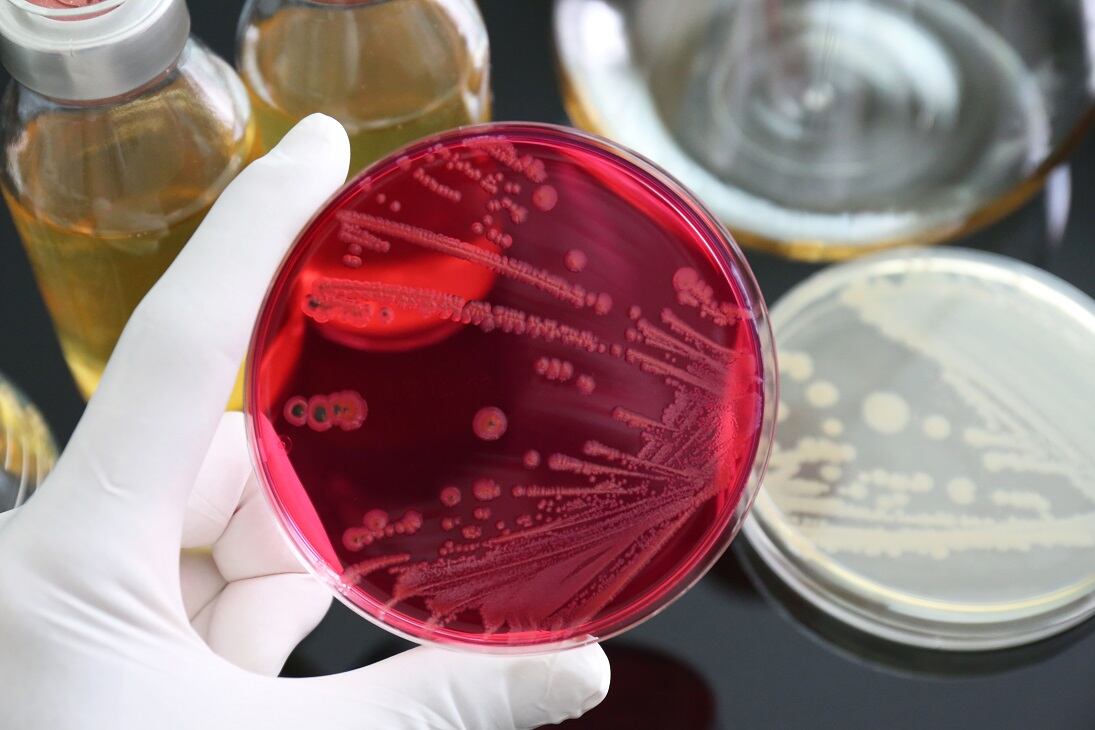The Government awarded cash for the cross-departmental team behind the Pathogen Surveillance in Agriculture, Food and the Environment (PATH-SAFE) programme through the second round of HM Treasury’s Shared Outcomes Fund.
The project unites the Food Standards Agency (FSA), Food Standards Scotland (FSS), the Department for Environment, Food and Rural Affairs (DEFRA), the Department of Health and Social Care (DHSC), Public Health England (PHE) and the Environment Agency.
The funding will support the three-year project to develop a pilot national surveillance network using DNA-sequencing technology and environmental sampling to improve the detection and tracking of pathogens from farm to fork. The heart of the ‘virtual’ network will be a new database that will permit the analysis, storage and sharing of pathogen sequence and source data, collected from multiple locations across the UK by Government and public organisations.
Foodborne disease causes 2.4 million cases of illness a year
"Foodborne disease in the UK is estimated to cause around 2.4 million cases of illness a year," said professor Robin May, chief scientific adviser for the FSA. "The cost of this burden on society is estimated at over £9bn a year.
"This project is designed to help safeguard UK food, agriculture and consumers by using technology to understand how pathogens and AMR spread. Tracking the source of these issues will ultimately help us to develop better control strategies to reduce illness and deaths."
One of the things believed to be causing antimicrobial resistance is over-use of antibiotics on livestock. Professor Gideon Henderson, chief scientific adviser for DEFRA said: "UK sales of antibiotics for food-producing animals have halved in the last six years. This vital new project will build on that progress, and ensure antibiotics continue to remain effective for both people and animals."
'How pathogens and AMR spread'
Dame Sally Davies, UK special envoy on AMR, added: "Building on the progress made at the G7 meetings this year, this new project will help us identify how pathogens and AMR spread, through analysing food, environment and health factors. Through this joined-up approach we will be able to take decisive action to save thousands of lives every year."
Professor Doug Wilson, chief scientist for the Environment Agency, said the project would help develop an understanding of the complex role the environment played in the development, maintenance and transport of resistance.
Dr Neil Woodford, deputy director, National Infection Service, Public Health England, said: "Our ongoing and established surveillance work of antibiotic resistance in samples from patients with gastrointestinal infections will form an important part of this joint initiative and help ensure that information is shared across the system."




